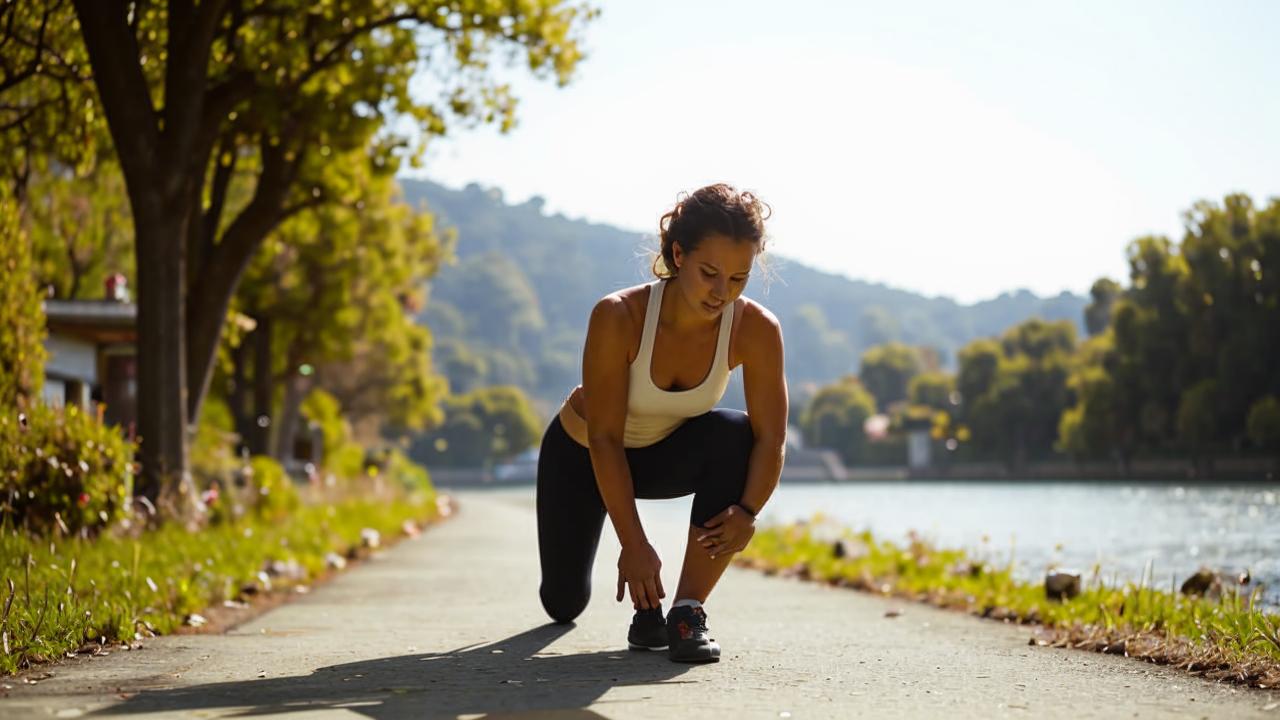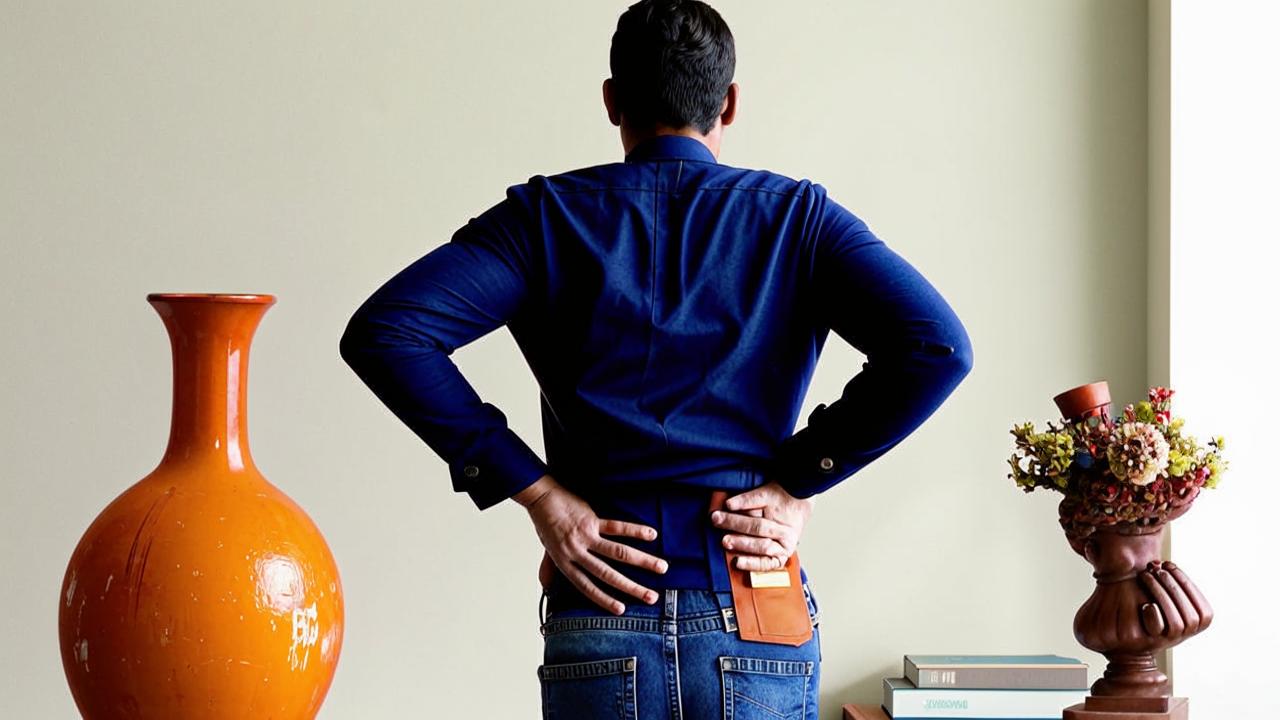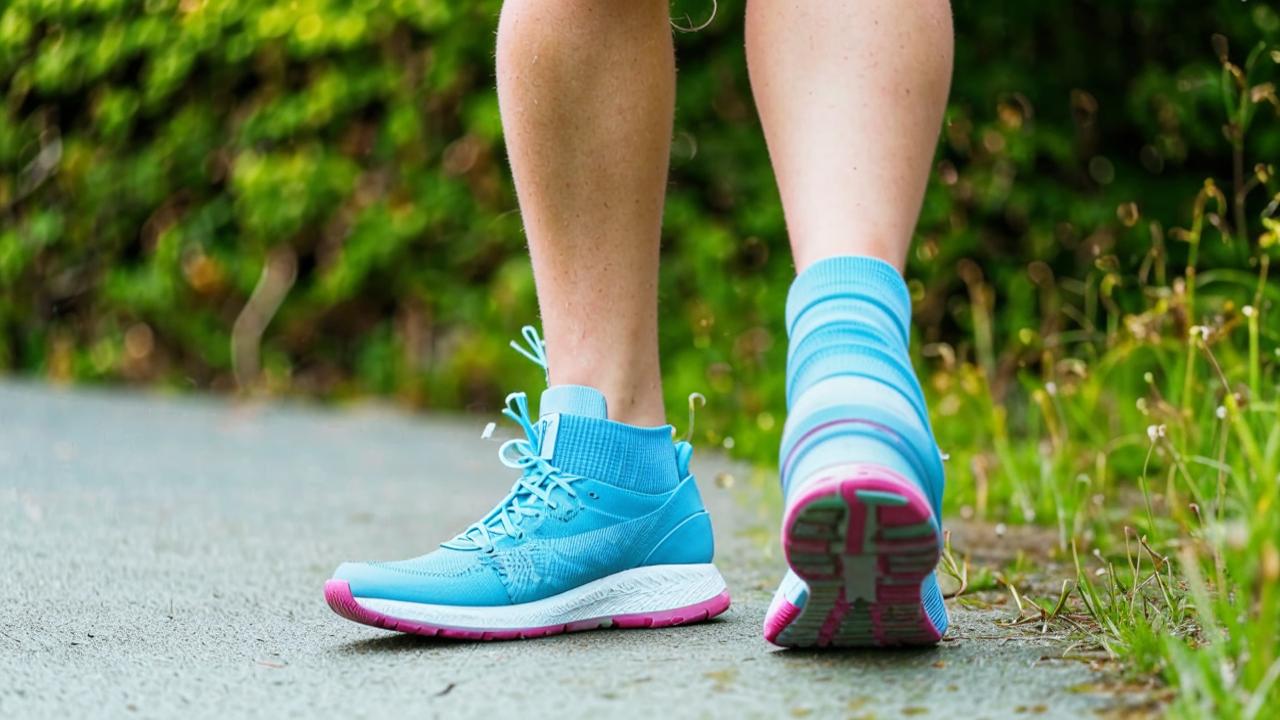
osteopaat, neuroloog, füsioterapeut, kiropraktik
“Joints are literally what the entire human skeleton is held on. They create a support for the body from the bones, so they take on any load, regardless of position. These structures gradually wear out anyway, that’s the nature and age-related changes. However, in many people it happens much earlier than it should, and to a greater extent. Why? How can we distribute the load properly and slow down joint wear and tear?”
Why do joint problems occur?
A joint is a complex anatomical structure at the junction of bones. The arrangement of joint parts is like hinges – thanks to them the skeleton is mobile and stable.
Statistics show that one in 10 faces problems with joints. And there is always a high risk that one of these people will become disabled.
Many people have the opinion that joints can only hurt due to excessive physical exertion and injuries, but there are a number of other reasons:
- pathologies of internal organs;
- ülekaaluline;
- failures in metabolic processes;
- deficiency of chondro-components in the diet (meat, cheese, seafood);
- hereditary predisposition;
- flat feet:
- infektsioonid;
- posture disorders.

Of course, each case needs a different approach, depending on the specific circumstances and factors. However, there are certain “commandments”, thanks to which it is possible to protect the joints from premature negative changes.
Sometimes it is better not to jump
It is commonly believed that jumping improves lymphatic and blood flow. Yes, this is partly true, however, in order to disperse the blood, you need to exercise on a regular basis. It is necessary to do it the right way.
If a person, wanting to achieve results as quickly as possible, overdo it and give the joints too much load – they simply can not stand. Especially if there is a large overweight or a tendency to pathologies.

Therefore, if there are painful sensations during such loads should be abandoned and give the limbs a rest. If the pain bothers constantly, then it is better to urgently consult a doctor and undergo an examination. It is desirable with this not to delay, so as not to aggravate their own situation.
Sitting – is not equal to complete safety for the joints
Sedentary lifestyle and sedentary work always lead to slow blood flow and deterioration of metabolic processes. As a consequence, the body becomes deficient in macro- and microelements.
Yes, sometimes we all have to spend long hours at the computer monitor. Nevertheless, it is possible to take some actions in order to optimize it. For example, sit up straight, with legs bent at the knees, resting them on the floor. Also, periodically get up and warm up, and stretch after work.
Important! If you do not want health problems, you must forget about your favorite position when you put your leg on your leg – it leads to overstretching of the gluteal muscle and tightening of the fascia of the thigh.
No heavy weights – only healthy exercise
Lifting heavy weights is fraught with both joint damage and abrasion of the intervertebral discs. When a person lifts something heavy, moving the object, there is a high probability that there will be compression of the femoral head and, as a consequence, microcracks will form.

If this happens, the patient will not be able to perform full physical activity and will eventually require surgery.
The femur bones are very vulnerable places
The acetabulum of the femur is a tubercle to which the gluteal and gluteus medius muscles are attached, which are always in tension. The attachment itself is located on tendons, it is quite easy to injure, and, accordingly, it is necessary to pay special attention to it.
To preserve the joints, it is recommended to rub the upper part of the lateral side of the thigh. For example, lie on your side, put something between your legs, emphasizing the knee area, and start massaging the area. This way you can reduce the load on the joint.
Don’t forget to take care of the feet as well
Walking, sitting and standing every day puts pressure on our feet. You can’t escape this, but you can optimize the load by shifting the weight from the heel to the outer edge of the foot and toes. This will prevent bones in your big toes and thus prevent joint disorders.

Strengthening the knee joints
Often we have to use our knees as a support, bend them or even accidentally fall. Here too, incorrect knee joint positioning damages the meniscus (the cartilage lining that cushions and stabilizes the knee joint), which can only be repaired surgically.
Whatever you do, try to adequately distribute physical activity, take breaks and let your knees rest. This will reduce the risk of injury.
To prevent or slow down the wear and tear on your joints, you need to take a number of steps and incorporate healthy habits into your daily life. Regular exercise, especially strengthening the muscles around the joints, will help keep them stable and flexible.
A balanced diet rich in vitamins and minerals will help to strengthen cartilage tissue and stop its degeneration.





